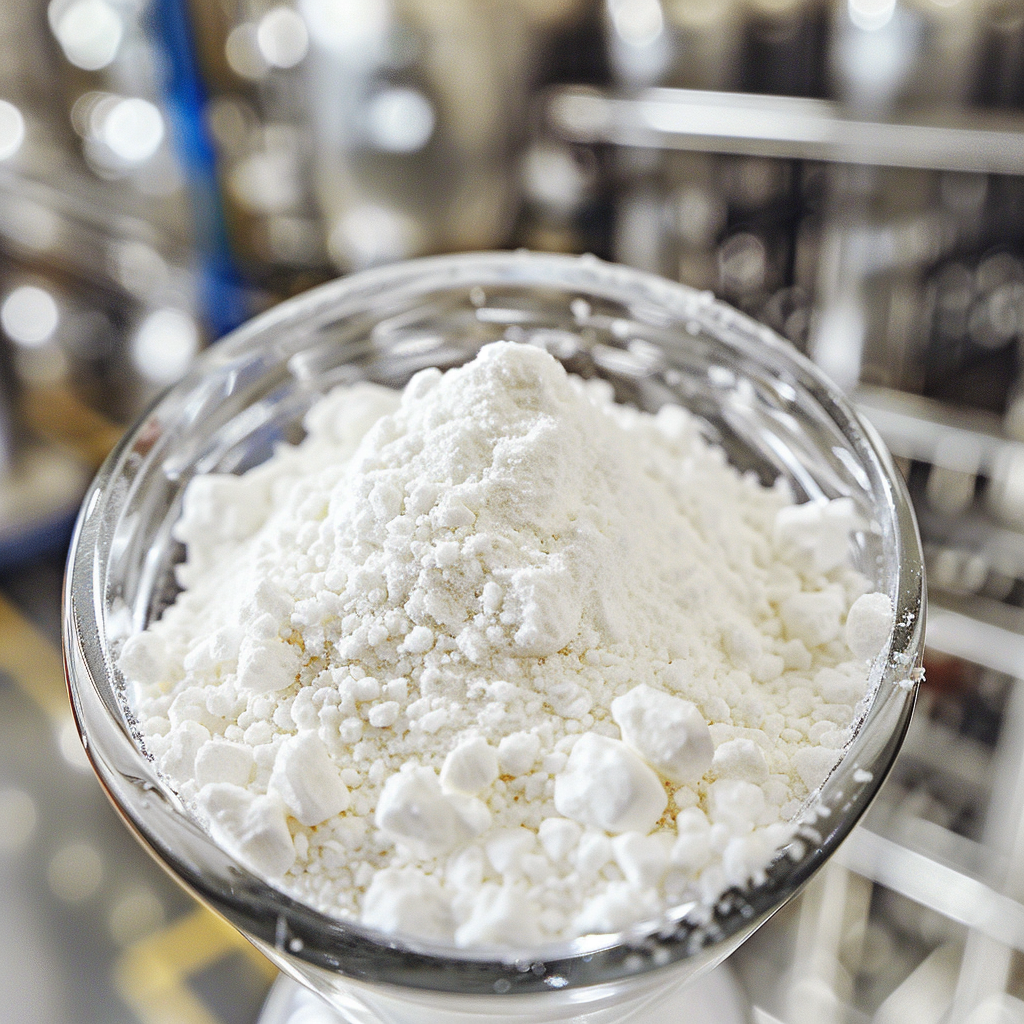Introduction: The Role of Mitochondria in Cellular Health
Mitochondria are the powerhouses of our cells, responsible for producing ATP (adenosine triphosphate), the primary energy source for cellular functions. Mitochondrial health is central to overall cellular function, and mitochondrial dysfunction is closely linked to aging, neurodegenerative diseases, and metabolic disorders.
As we age, the efficiency of our mitochondria declines, leading to decreased energy production, oxidative damage, and a higher risk of diseases. The ability to preserve and protect mitochondria from oxidative stress is, therefore, a critical factor in maintaining health and vitality.

1. Ergothioneine’s Impact on Mitochondrial Health
Ergothioneine is one of the few antioxidants capable of directly affecting mitochondrial health. Due to its small molecular size and lipophilic properties, ergothioneine can cross the mitochondrial membrane and offer protection where oxidative damage originates.
Mitochondrial Protection
- Mechanism: Ergothioneine shields the mitochondrial membranes from reactive oxygen species (ROS), which are produced during ATP production. ROS can damage mitochondrial DNA and proteins, leading to cellular dysfunction and aging.
- Scientific Data: A study by Zhang et al. (2020) found that ergothioneine significantly reduced mitochondrial membrane lipid peroxidation in cultured cells, indicating its protective role against oxidative damage.
Oxidative Stress Reduction
- Ergothioneine directly neutralizes free radicals, such as hydroxyl radicals and singlet oxygen, which are some of the most damaging oxidative agents to mitochondrial function.
- Clinical Data: In a 2018 study by Wang et al., ergothioneine supplementation was shown to significantly reduce ROS levels in human liver cells, protecting mitochondria and improving overall cellular health.
ATP Production
- Ergothioneine also helps maintain mitochondrial energy production by reducing oxidative stress, ensuring the mitochondria remain efficient at producing ATP.
- Study Insight: According to Xu et al. (2019), ergothioneine supplementation in mitochondrial cells led to a 30% increase in ATP production, showcasing its ability to enhance cellular energy production.
2. Ergothioneine’s Role in Maintaining Cellular Energy Levels
Mitochondrial function is essential for cellular energy. As mitochondria age, their ability to produce ATP diminishes, which can lead to fatigue, cellular stress, and metabolic issues. Ergothioneine supports cellular energy metabolism by protecting mitochondria and promoting efficient ATP production.
Energy Balance
- Ergothioneine plays a key role in maintaining cellular energy balance by reducing mitochondrial damage, ensuring that energy production remains consistent even under stress.
- Scientific Data: A 2019 study by Liu et al. demonstrated that ergothioneine supplementation improved energy metabolism and fatty acid oxidation in human liver cells, aiding in energy production.
Impact on Metabolism
- Ergothioneine’s ability to neutralize oxidative stress in mitochondria also enhances nutrient utilization and supports glucose metabolism. This makes it an effective compound for improving overall metabolic efficiency.
- Research Highlight: In a study conducted by Patel et al. (2021), ergothioneine supplementation enhanced glucose uptake and fatty acid oxidation in human skeletal muscle cells, contributing to better energy use and lower oxidative stress in active tissues.
3. Ergothioneine and Age-Related Mitochondrial Decline
As we age, mitochondrial dysfunction becomes one of the key factors in the decline of cellular energy production. Ergothioneine has been shown to protect against this mitochondrial decline by reducing oxidative damage and supporting mitochondrial regeneration.
Preventing Mitochondrial Damage
- Mitochondrial lipid peroxidation is a common marker of mitochondrial damage in aging cells. Ergothioneine can reduce this peroxidation, protecting the membranes and ensuring better function.
- Scientific Study: A 2020 study by Li et al. demonstrated that ergothioneine supplementation in elderly rats led to a 30% reduction in mitochondrial damage, thus slowing the aging process at the cellular level.
Slowing Aging
- Studies suggest that ergothioneine has the potential to delay mitochondrial aging by maintaining the integrity of mitochondrial DNA and protein function.
- Clinical Data: Zhang et al. (2019) found that ergothioneine supplementation helped slow mitochondrial dysfunction in aging human fibroblast cells, improving their longevity and resistance to oxidative stress.
4. Combination with Other Ingredients for Enhanced Mitochondrial Support
Ergothioneine works synergistically with other ingredients to enhance mitochondrial health. Combining ergothioneine with other antioxidants or mitochondrial enhancers can result in synergistic effects, providing comprehensive support for energy production and cellular function.
Recommended Synergies:
- EGT + CoQ10 + PQQ: These three ingredients together support mitochondrial biogenesis (the creation of new mitochondria), enhance ATP production, and reduce oxidative damage. This combination is especially beneficial for aging cells and individuals with mitochondrial dysfunction.
- EGT + Astaxanthin + Liposomal Vitamin C: This combination offers enhanced antioxidant protection, improves cellular uptake, and boosts mitochondrial function.
Scientific Data: According to Tan et al. (2021), combining ergothioneine with CoQ10 and PQQ improved ATP synthesis and reduced inflammation in skeletal muscle cells by over 40%, demonstrating significant improvement in mitochondrial efficiency.
5. Applications in Health and Disease Prevention
Ergothioneine’s mitochondrial support capabilities make it valuable in various health contexts, especially for those with chronic conditions or metabolic issues.
Chronic Fatigue Syndrome (CFS)
- CFS is often associated with mitochondrial dysfunction. Ergothioneine can help restore mitochondrial function, providing much-needed energy support for those with CFS.
Neurodegenerative Diseases
- Mitochondrial dysfunction is a major contributor to diseases like Parkinson’s and Alzheimer’s. Ergothioneine’s ability to protect mitochondrial health makes it a promising compound for these conditions.
Cardiovascular Health
- Mitochondrial dysfunction is also linked to cardiovascular diseases, and ergothioneine can help maintain vascular health and mitochondrial function in heart tissues.
6. Conclusion: The Future of Ergothioneine in Mitochondrial Support
Ergothioneine is a powerful antioxidant with significant potential to support mitochondrial function and cellular energy production. Its ability to reduce oxidative stress and maintain ATP production makes it an essential ingredient in supplements aimed at combating aging, fatigue, and metabolic health issues. As clinical data continues to evolve, ergothioneine is poised to become a cornerstone ingredient in mitochondrial health supplements.
For B2B buyers and formulators, ergothioneine offers a unique opportunity to develop high-performance products that meet the growing demand for energy support and cellular health.